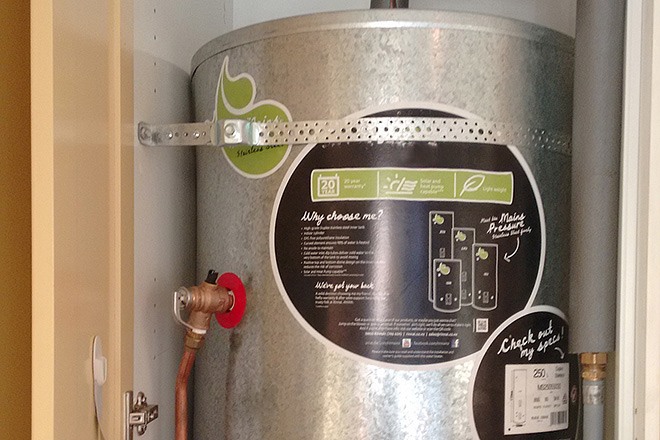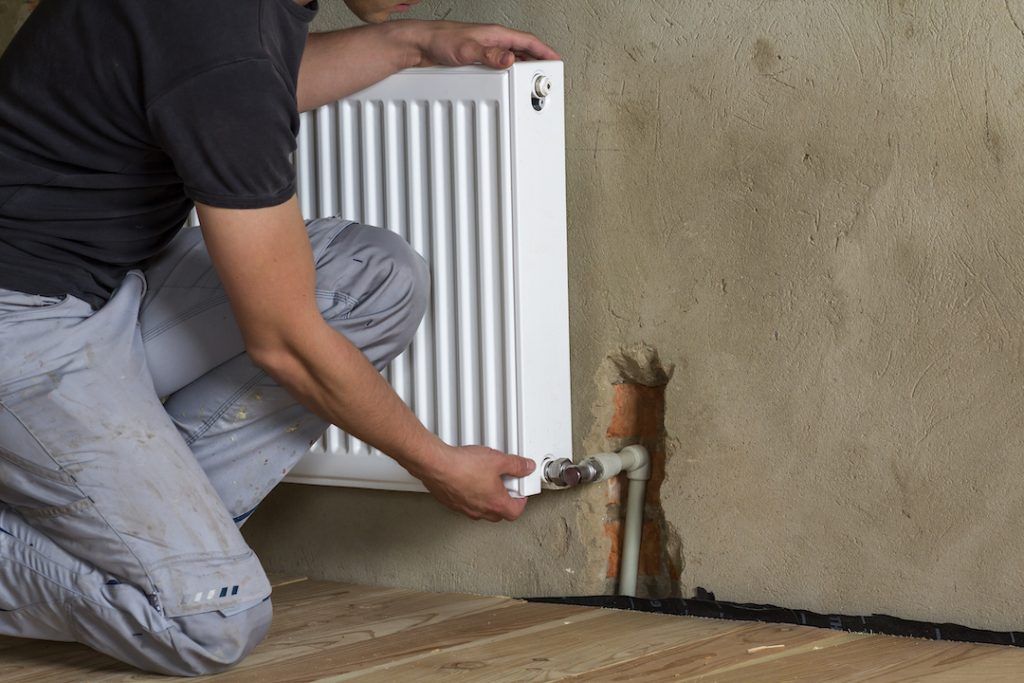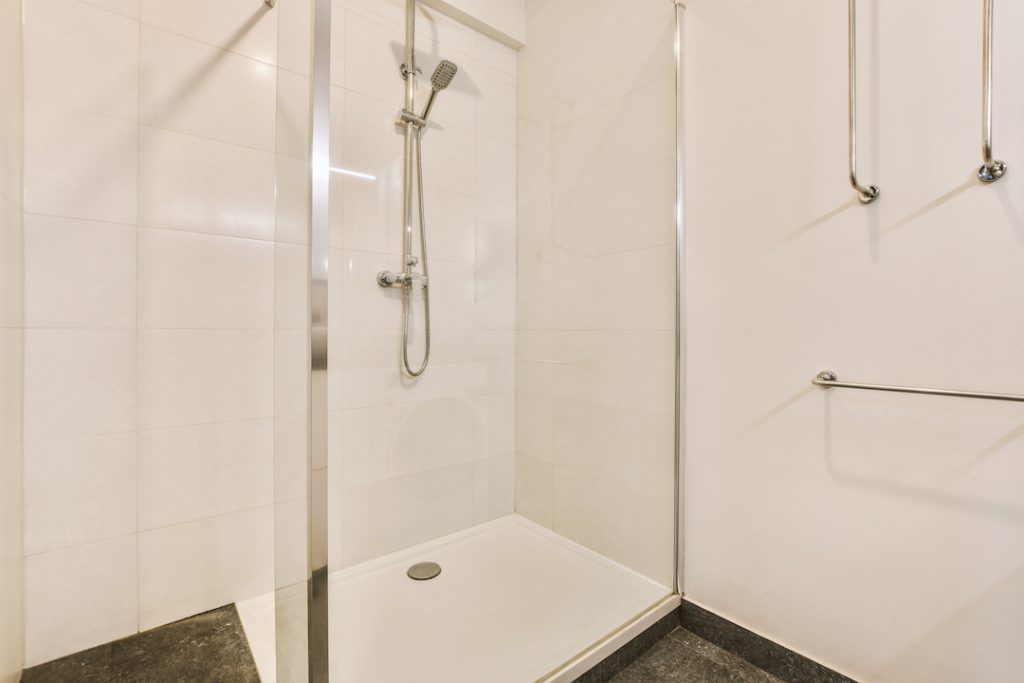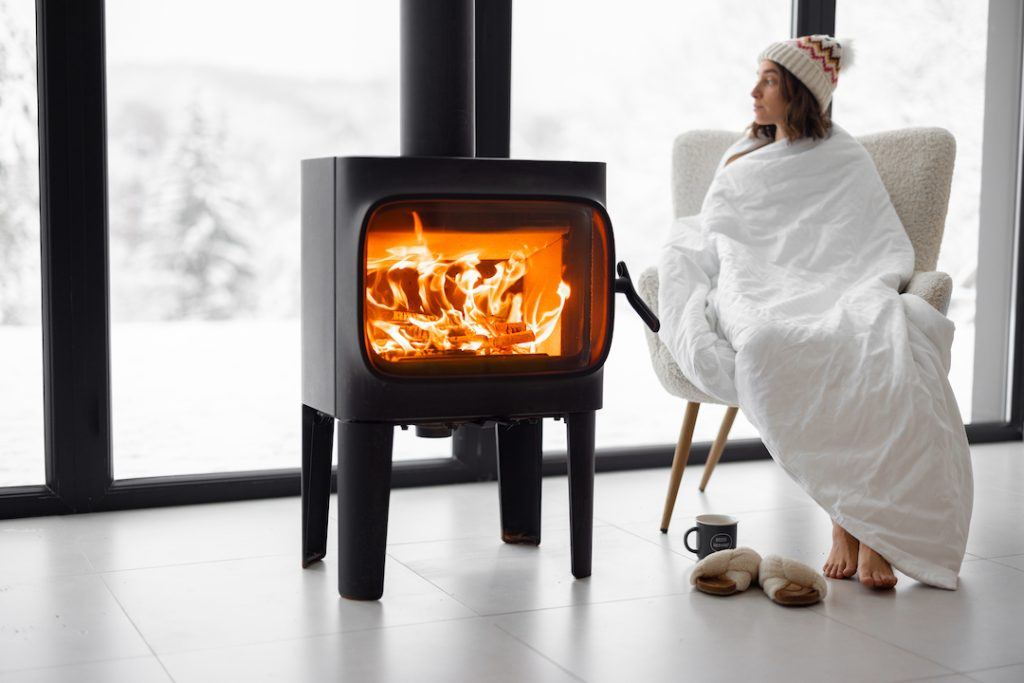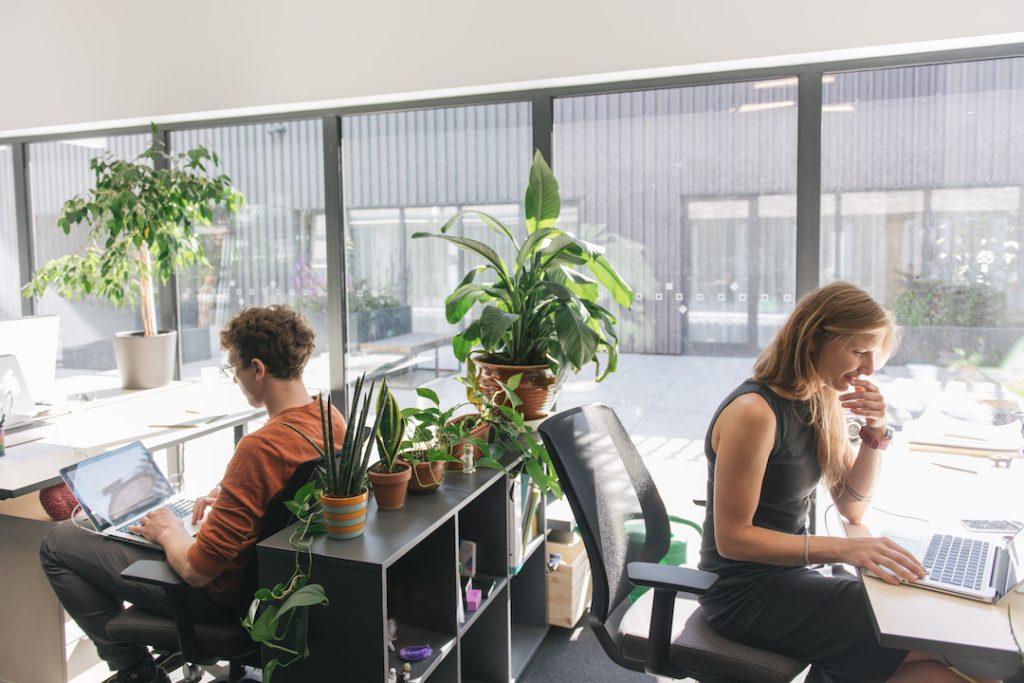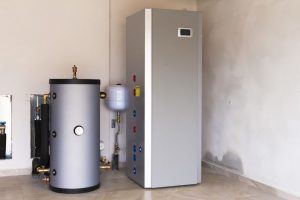If you use natural gas or LPG/bottled gas as a form of power or heating in your home or in any rental properties that you own, it is essential that you arrange regular gas safety inspections. Don’t wait until you smell an unexpected or concerning gas smell. Don’t wait until you suspect there is a gas leak. And don’t wait until someone starts experiencing adverse health effects, such as wheezing or headaches.
Ensuring the safe installation and operation of gas appliances, gas heating and gas hot water systems keeps everyone healthy and safe.
When used correctly, gas is safe to use in the home. But remember, it is highly flammable and can burn or explode if not safely used and stored.
Author Archives: verumdev
You might be wondering what a gas fitter does. It’s a very common profession in New Zealand, but it’s not necessarily one you’re familiar with unless you have gas heating or appliances in your home or have had any issues with a gas appliance.
The NZ Plumbers, Gasfitters and Drainlayers Board defines gas fitting as:
“Any work involved in installing, altering or repairing gas appliances including the fixing or unfixing of any gas pipes, ventilation or flue pipes, commissioning gas appliances and ensuring their safe operation (including the testing, setting, checking and adjusting of safety devices, combustion conditions and controls associated with the gas installation and ensuring there is adequate ventilation).”
Did you know that there is legislation in New Zealand that determines and regulates how hot water should be in your home? Your hot water guidelines are governed by the Building Code
The temperature of water in homes and other buildings is part of the New Zealand Building Code, sitting under the plumbing and drainage guidelines for acceptable building standards.
“The Building Code sets clear expectations of the standards buildings should meet. It covers aspects such as structural stability, durability, protection from fire, access, moisture control, services and facilities, and energy efficiency. The Building Code states how a building must perform in its intended use rather than describing how the building must be designed and constructed.” The Building Code sits under the Building Act, and is enforced by the Ministry of Business, Innovation and Employment (MBIE).
It is, therefore, a mandatory requirement by NZ government legislation to have the water in your home at the correct temperature.
It’s essential to keep all of the plumbing and drainage systems in and around your home working properly during winter. For us in Auckland, winter is wetter, colder and darker than any other time of year.
While we can’t control the weather, we can control how to feel warmer and drier. And there are things we can do to minimise the risk of being without heating or hot water during the winter.
Most people understand how important plumbing is in their home, but don’t often think about how important regular plumbing maintenance is at work. In some ways, it’s quite similar.
In a commercial setting, you and your staff rely on a range of plumbing and services. To run a business (and to comply with health and safety regulations), you need water coming in and water draining out.
Plumbing maintenance at a workplace is essential for a number of very important reasons.
For most pet owners, our little furry friends are treated like another member of the family. We love them and they love us back, but they don’t always do as they’re told. We love their playfulness and curiosity, but there are some areas we need them to stay away from.
Unfortunately, it’s not always easy to get our pets to do what we want. So we have to do what we can to ensure they don’t create plumbing problems in and around the home.
Here are our 5 top plumbing tips for pet owners:
Laser Plumbing Te Atatu can help with all your Plumbing and Drainage needs Auckland-wide. We provide a friendly, prompt and professional plumbing, gas and drainage service to Auckland.
Free Quotes*
Get a FREE quote* for Plumbing, Drainage, Heating, Gas Fitting, Roofing and Back Flow Prevention.
Laser Plumbing Te Atatu provides a range of residential and commercial property services, including plumbing installation and repairs, drainage solutions, hot water heating options, gas fitting installations, roofing, spouting and downpipe maintenance and repair work and backflow prevention testing and installation.
If you require any of these services or would like to talk to Auckland plumbing contractors about specific requirements, please fill out the form on our FREE QUOTES page and we will contact you within the day.
*Some conditions apply
At Laser Plumbing Te Atatu, we love giving our clients a range of options when it comes to your plumbing and drainage needs. We’re often asked for recommendations about the best way to heat water for the home.
We offer a full range of hot water heating systems, so in this article we are putting the focus on heat pump hot water cylinders. They’re possibly not as well-known as some other water heating systems, but they’re a great option to consider if you’re looking for a new hot water system.
If you’re building a new home or are considering changing or upgrading the hot water system in your home, there are several options to choose from. We’ll look at a few options here that the team at Laser Plumbing Te Atatu can help you with, and will help you sort through a few pros and cons of each.
In recent years many of us have become a lot more aware of what we’re putting down our drains and how we’re using/recycling our water. We’ve been told about the need to keep wet wipes and microfibre particles out of our water system. And we’ve been introduced to easier and more efficient ways to collect rainwater to use.
So let’s take a closer look at our sewage and stormwater systems.
There are two broad categories of water that drains away from your home (as opposed to the fresh water that gets plumbed into your home for you to use).

